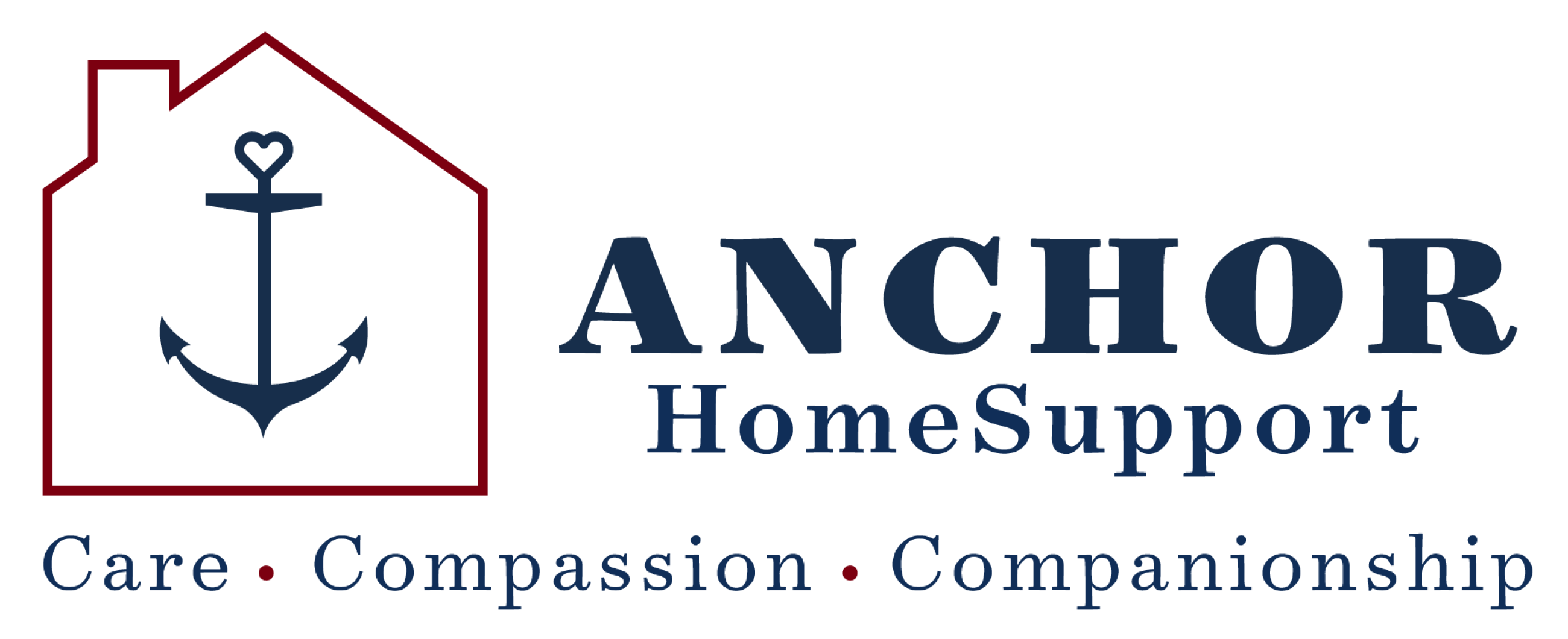It’s All Relative.
July 09, 2011|By Rosemary McClure, Special to the Los Angeles Times
My friend’s phone call numbed me.
Twice in the last week, she said, she’d seen my mother sitting in a car in a neighborhood near her home. “Today she was there for more than two hours in the heat,” she added.
My stomach churned.
Mom suffered from dementia; she could no longer drive, or even speak coherently most of the time. She hadn’t gotten to the area my friend was talking about on her own.
It had to be Ann, her caregiver, who had been “taking her to the park” almost daily. The next day I skipped work and followed. When she parked in front of a house, I waited 20 minutes and then went to the door. Ann’s boyfriend appeared when I rang the bell.
“Tell her she’s fired,” I said.
It was a watershed moment for me. I’d been careless when I’d hired Ann, a dangerous mistake that could have proved disastrous to my mother. Unfortunately, many well-meaning and caring adult children are just as lackadaisical as I was when hiring help for their parents.
Problems are common.
— In May, the Orange County Sheriff’s Department arrested a caregiver on suspicion of sexually abusing and attempting to rape a woman in her 80s whom he was caring for.
— Earlier this year, San Diego sheriff’s deputies jailed the caregiver for a 93-year-old Pearl Harbor survivor who was found living in filthy, rat-infested conditions.
— In April, a scathing report titled “Caregiver Roulette” was released by the California Senate Office of Oversight and Outcomes. The report, which noted that California is one of the few states that doesn’t screen those who provide home care, detailed the “significant incidence” of caregivers who have criminal records. It also found caregivers with extensive criminal backgrounds offering their services on Craigslist.
But for every horror story, there are innumerable stories about caring, compassionate workers — the kind of people who can help your parents maintain their independence, making it possible for them to continue to live in their own homes long after mental or physical frailties have begun to take a toll.
Finding the right person isn’t easy.
“Basically, you’re hiring someone — usually at a fairly low wage — who’s going to be coming into the home and helping your loved one with some of their most intimate tasks,” says Claudia Ellano-Ota, director of the Caregiver Resource Center of Orange County, one of 11 such centers in the state, all funded by California’s Department of Mental Health.
Hiring a good worker is a daunting responsibility. Ellano-Ota recommends you begin by deciding exactly what you need. That might be as simple as having someone come in to act as a companion and help with housekeeping, or as involved as contracting for highly skilled nursing care.
Write a job description that includes the things that are important to you. When you do interviews, be sure you cover all those things and make sure the prospective worker knows what’s expected. If they will have to transfer a person from a wheelchair to a bed, make sure they’re capable of doing so.
Find out how they reacted to common problems in the past: “Tell me about a time when you had to handle someone who was angry.”
Also make sure they know the rules, such as no smoking in the house.
How much will it cost to hire someone?
“Most people think there are resources out there to help you pay for help,” said Ellano-Ota, “but unless you’re really low-income, you’re on your own. Most families have to pay out of pocket.”
If you use an agency, you’ll probably pay $18 to $22 a hour for someone who does basic supervision and offers companionship.
If you place your own ads, or look for someone through your church or other organization, you’ll be able to pay less — perhaps as little as minimum wage — but you won’t have the services that an agency offers (doing background checks on workers, providing fill-in help if your worker calls in sick, taking care of taxes, liability issues and other legal ramifications).
And you still have to do your homework: There are good and bad agencies. You want to make sure that you find the best one possible and that they do background and criminal checks on all workers. In addition, the AARP recommends asking:
— What credentials do staff members have?
— What training does the agency offer to staff?
— What are the coverage options?
— What emergency procedures are in place?
— What references can the agency offer for itself and for workers?
During the 10 years I employed caregivers — first for my mom, then for my dad — I rarely used agencies. For the most part, I did my own hiring. Two of the 10 or so workers I hired were wonderful, selfless people who remained friends long after their employment ended.
But I made some major mistakes. One worker stole, one tried to convert my parents to her religion and one quit after one day on the job.
One night after work, I parked my car in the driveway and found the front door standing open and my mother wandering outside. I never found out when the worker had left or how long the door had been open; the worker never returned.
I attribute my mistakes to doing a bad job as an employer. I never followed Ellano-Ota’s advice. I didn’t write a job description, nor did I discuss rules with potential workers.
I also ignored another one of her key recommendations: Demand two references, and check both carefully. Most of the people I hired showed up with a letter from one reference; I always called that person. But I didn’t look any further.
“People try to fly by the seat of their pants when they hire help for their parents,” said Ellano-Ota. “That’s dangerous.”
I can testify to that.
Next week: Nourishing a good relationship with home-care workers.
McClure’s column on caring for and staying connected with aging parents appears monthly.

